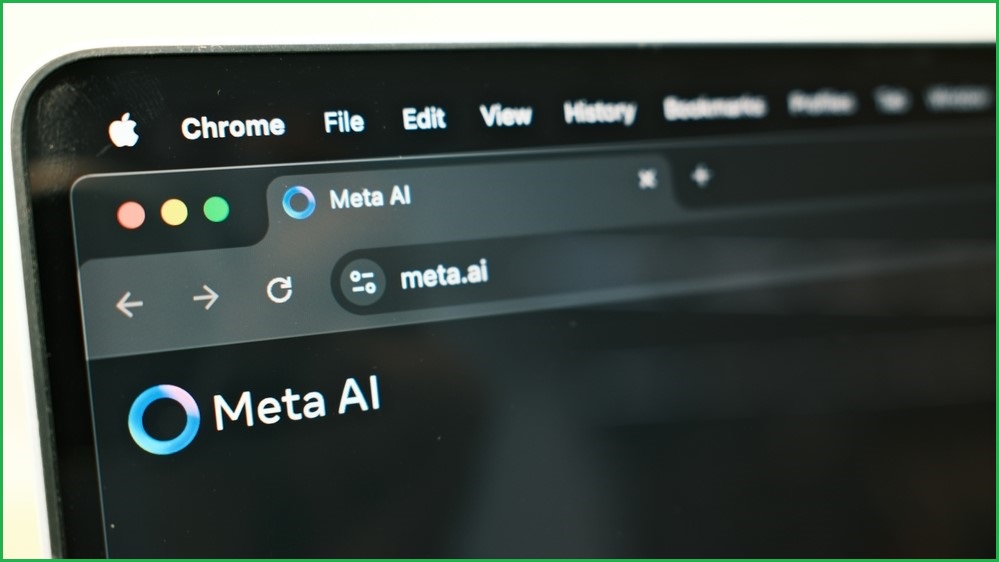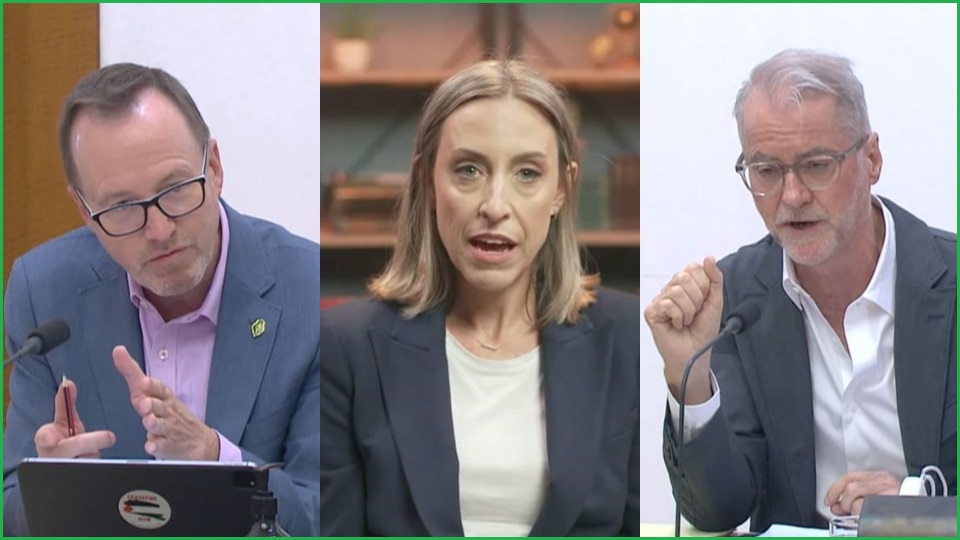Social media giant Meta has been criticised by a senate committee for using the public posts of Australian adults on its platforms to train its artificial intelligence models.
The company, which operates Facebook, Instagram, Threads, and WhatsApp, said in 2023 that it was already using “publicly shared posts from Instagram and Facebook – including photos and text” to help train its generative AI models.
That data included public posts from Australians, contrary to reports that the company was only set to begin scraping Australians’ content in late June 2024.
Giving evidence before the Select Committee on Adopting Artificial Intelligence on Wednesday, Meta’s global privacy policy director Melinda Claybaugh was grilled by politicians about the practice.
Greens Senator David Shoebridge asked Claybaugh to confirm Meta had been scraping the public posts Australian adults had made as far back as 2007, which she confirmed.
“The truth of the matter is that unless you consciously had set those posts to private since 2007, Meta has just decided that you will scrape all of the photos and all of the text from every public post on Instagram or Facebook that Australians have shared since 2007, unless there was a conscious decision to set them on private,” Shoebridge said.
“That's actually the reality, isn't it?”
“Correct,” Claybaugh replied.
Labor Senator Tony Sheldon raised concerns over Meta scraping posts from accounts of people who were over 18 which featured images or videos of children.
He said social media users typically did not read platforms’ lengthy privacy policies, and so would not be aware such scraping had occurred.
“Very few people are going to spend the time actually reading it, so they wouldn't be aware that, all the way back to 2007, that they're having their videos, their photos, their 13-year-old daughter in a photo, their nine-year-old son being scraped for your usage,” he said.
Claybaugh said Meta did not scrape data from accounts of people under 18, but posts made by accounts of people over 18 would be used.
She was not able to confirm whether Meta differentiated between posts people made before they turned 18 and those they made after they turned 18.
Legal protections ‘not happening’ in Australia
Sheldon also took issue with Australians being unable to opt-out of Meta scraping their public posts — an option which is available to users in the European Union due to its General Data Protection Regulation (GDPR).
Meta has paused launching its AI products in the EU due to those laws.
“The specific option that we're offering in Europe is in response to a very specific legal framework,” Claybaugh said.

Australians don't currently have the ability to opt out of Meta's AI training. Photo: Shutterstock
While she said added that she “can’t speak for what may happen in the future”, Claybaugh admitted similar protections were “not happening now” for Australians.
She said Meta would comply if — as Shoebridge stated — “Australian lawmakers put in the same privacy controls that Europe had put in”.
Shoebridge suggested users of Meta’s platforms would not have considered years ago that any posts they left public would be scraped by the company for AI training purposes in the future, and could not retroactively consent.
Claybaugh said Meta filtered its data to remove personal information and argued it was “a subjective determination” to suggest that there was an ethical problem behind its data collection.
Collecting data from Australians was “not just about hoarding data”, Claybaugh argued.
“The reason that we're collecting data is in order to provide the most flexible, powerful tools that can then be deployed and built on by many people,” she said.
“And the reason it's important to have a lot of data is exactly because of avoiding things like bias and making sure you have representative data for training.”
Independent Senator David Pocock suggested on Wednesday that a long-awaited update to Australia’s Privacy Act could be used to prevent tech companies from scraping citizens’ data without their consent.
Privacy watchdog the Office of the Australian Information Commissioner (OAIC) told Information Age in June that it had requested a meeting with Meta “to discuss their AI products and the privacy safeguards they have in place”.










